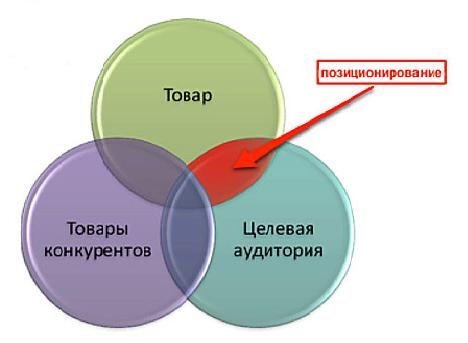Answer the question
In order to leave comments, you need to log in
Two in one. What is the best way to translate Locating in the context of RTLS and how to increase the request rate?
I am an engineer and technical writer. In matters of semantics and SEO, to put it mildly, a "teapot".
I really hope for the help of knowledgeable people. 
In the last year, I have written quite a lot on the topic of RTLS - Real Time Locating System (technical documentation, translations, articles, content). In particular, now I am publishing a series of thematic topics on Habrahabr ( habrahabr.ru/post/151496 , 153237, 154445, 155883).
But I still can not decide on the translation of the term RTLS. That this is a "real-time system" is obvious. But with " Locating" - a problem. More precisely, even two.
Firstly, it is desirable that the reader, even without being in the subject, immediately intuitively understands what it is about.
Secondly, when using the term as a key query, a minimum of effort should be required to promote the site.
Let me explain with examples.
If we take “tracing paper” as a translation: location, then the vast majority of readers will have an association with radar or a certain place - “location”. The search engine will behave similarly. Nearly 40,000 impressions will be related to game locations, several hundred to location systems, even a hundred impressions will be related to acoustic location. But the frequency of the request "real-time location system" is zero. 
The most commonly used term in the context of RTLS is positioning.(I myself use it after others). But “positioning” is what readers associate with marketing, promotion, or ranking. With search engines, the situation is similar: out of more than 20 thousand impressions for a query with the word “positioning”, five belong to “real-time positioning systems”. 
The situation is similar with detection, location, monitoring .
Advise which term is better to use and what can be done to increase the frequency of queries?
Answer the question
In order to leave comments, you need to log in
Didn't find what you were looking for?
Ask your questionAsk a Question
731 491 924 answers to any question